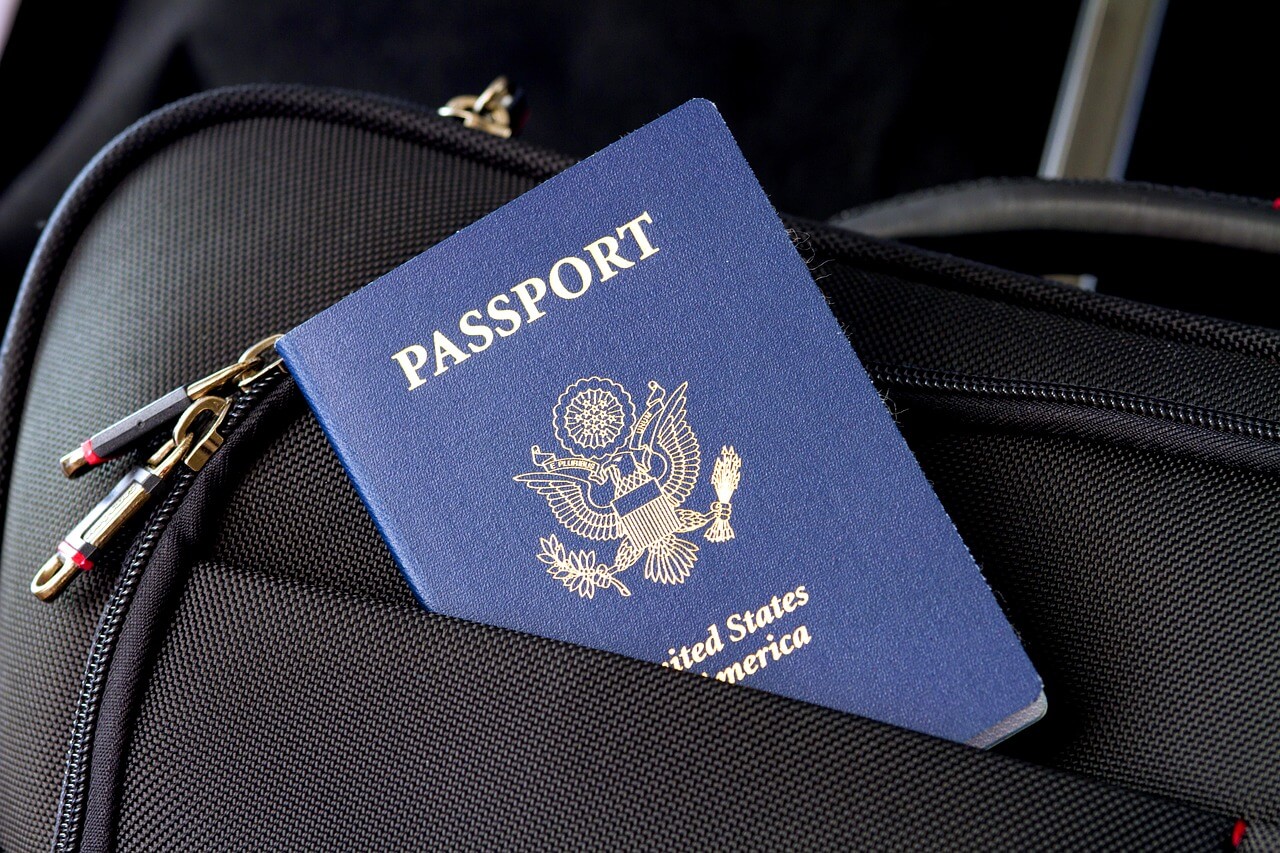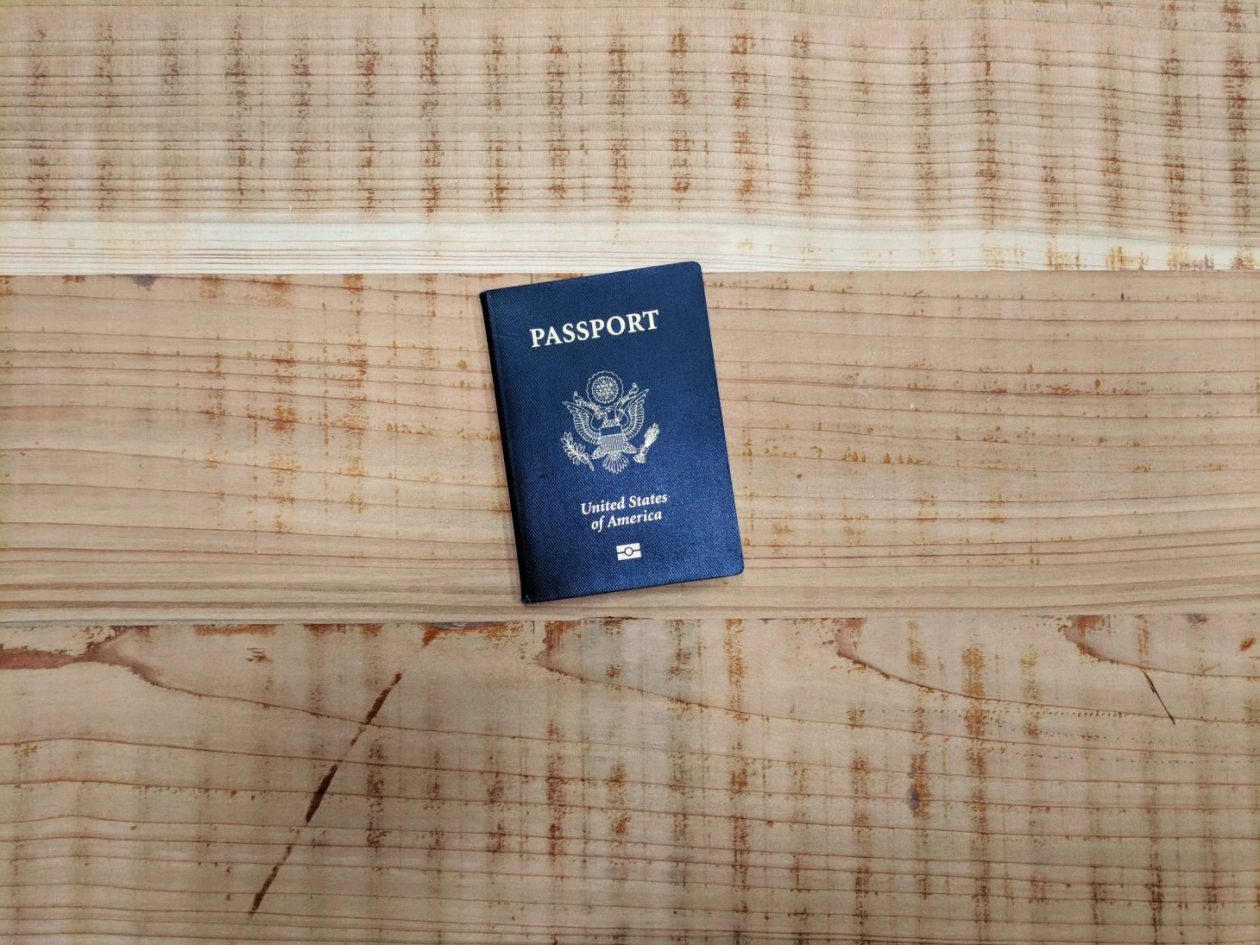As a quick introduction, the F1 visa is for students who want to continue pursuing their education in the United States in an undergraduate or graduate program. The F1 visa allows you to stay in the United States as long as you have student status and are registered in full-time studies at your U.S. educational institution.
Now, If you have questions about the interview stage, whether you are allowed to as an F1 visa student or need information regarding F1 visa renewal, in this article, we have provided you with information and advice regarding these concerns.
Common F1 Visa Interview Questions And Answers

The interview process consists of providing the required documents and a relatively short interview. The following are common questions interviewers tend to pose, and the answers are only to give you advice. Take into consideration that every interviewer is different, and there are no set questions they will ask.
Study plans
These questions generally focus on the major and university you chose. The interviewer needs to know that your focus and determination are in finishing your education in the US. Because of that, it is recommended to have a clear and concise idea of your future study plans.
Your answers should be to the point and honest. Additionally, make sure you do research, express how passionate you are, and explain how the major will help you stand out once you return to your country. It’s also wise to mention that you feel grateful to be learning and getting international exposure.
University choice
The interviewer wants to know whether you have put careful consideration into choosing a university that you believe will best benefit your future. They are interested in knowing how many universities you applied for and how many positive and negative replies you received.
Be confident about the selection process you followed, and in short, advocate how you were thrilled with the acceptance from the chosen option. List out the pros of the university, learn your professors’ names, and point out something that caught your attention.
Academic-related
Your test scores and previous GPA are taken into consideration to evaluate how determined you are when it comes to your education. The best way to go about academic questions is to provide honest and confident answers.
If you have a low score, you can uphold how your focus on a project was a great learning experience, and the dedication it required compromised your test performance. When it comes to social and campus life in the US, shine a light on the difference it would make for you to finish your education in the U.S instead of your home country.
Personal questions
Expect to answer personal questions and let the interviewer know more about you. Questions about family life or your work situation may arise. Most of these questions will aim to see whether you aspire to stay in the US or go back to your home country.
Emphasize how the opportunity of studying abroad will boost your chances of being successful in your hometown. Mentioning the jobs you are qualified to get with your degree, the salary you expect to earn once employed, and how your family is back home will show the interviewer you intend to return.
Financial status
Regardless of your academic qualifications, you cannot be awarded an F1 student visa without the means to finance your education. Unfortunately, it is a reason why many visas get declined. So, make sure you have everything prepared, and you sound honest in your answers.
Common questions tend to be about your sponsor, your parents, or your annual income, the tuition fee of the University you want to join, and other financial inquiries.
Expect to provide information regarding your bank statement, where sudden funds come from, or whether you have a new account. Be honest, make sure you have arranged money to be in your bank before your interview, and explain your financial situation.
After-graduation plans
The interviewer is interested in knowing whether your mind is set on achieving goals and wants to determine whether you plan to stay an immigrant in the United States or return home.
Communicate that you look forward to working with some home companies; as a bonus, you can mention a few companies’ names relating to your degree. If you are willing to continue your education and pursue research, say the same as well.
Does F1 Visa Allow You To Work?

F1 students cannot work off-campus during the first academic year but may accept on-campus employment obedient to certain limitations and restrictions.
✅ Request information on BAU's programs TODAY!
With on-campus work, there are hour restrictions for employment as not to jeopardize your student visa status. While the academy term is in session, students are limited to 20 hours per week. Although, during breaks, students can work full-time for up to 40 hours a week.
After the first academic year, F1 students may engage in three types of off-campus employment:
- Curricular Practical Training (CPT)
- Optional Practical Training (OPT) (pre-completion or post-completion)
- Science, Technology, Engineering, and Mathematics (STEM) Optional Practical Training Extension (OPT)
- Severe Economic Hardship
- Employment with an International Organization
One limitation is that employment must be related to the area of study for any off-campus training. It must be authorized by the Designated School Official (the person authorized to maintain the Student and Exchange Visitor Information System (SEVIS)) and USCIS.
F1 Visa Renewal

An F1 visa allows you to enter the U.S. and stay for a specific period, usually until your program’s completion. So, an F1 visa does have expiration dates, though that varies from program to program. Consequently, since F1 visas are issued to students of all categories, not every F1 visa is renewable. You have to double-check with your program and verify if the visa can be extended.
To renew an F1 visa, you must follow the same process as the initial F1 visa application. You should apply for F1 visa renewal outside of the U.S, if possible, at the U.S Embassy or Consulate in your home country. Another alternative is to use the Automatic Visa Revalidation option.
Note that you cannot renew or extend your F1 visa if your academic program has ended.
If you’re planning to apply for an F1 visa in the U.S., there are many things to consider. The interview process will touch on your academic success and plans, your personal life, your financial status, etc. It’s a very thorough process, which not many pass. So, make sure you have revised, planned, and learned. Good luck!










